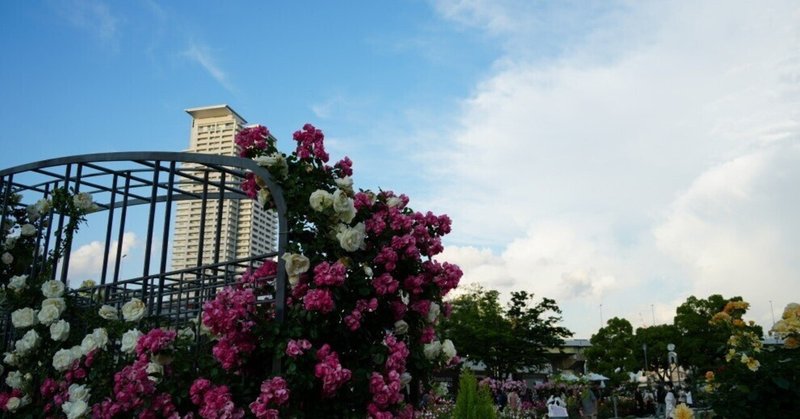
"Is there any reporter in Asahi who is not a leftist?"
In other words, it has convinced me that NHK is structured like the Asahi Shimbun.
December 20, 2016
As mentioned, Masayuki Takayama told us that many zainichi Koreans and others entered NHK and other media outlets in the aftermath of the defeat of Japan.
Watching NHK news programs at 7:00, 9:00, and 11:00 p.m. yesterday, I thought distinctly of a passage in the book "Who Made the Asahi Shimbun Like This? (written by Hiroshi Hasegawa and Kiyoshi Nagae).
In other words, NHK has the same structure as the Asahi Shimbun.
It is only natural that a decent Japanese national broadcaster would correct Onaga's attitude and opinions.
"Is there any reporter in Asahi who is not a leftist?"
Nagae
The beginning of the article states, "I am standing in a wasteland."
It was Mr. Hasegawa's thought after reading the August 5, 2014, special feature examining the comfort women report, and it still made me feel solemn.
I thought, "I have to take it that seriously too."
When I read the editorial director's explanation, I thought, "Even losing has its aesthetics." Still, I agree with Hasegawa's point that "it is nothing more than blurring the severe blunder of reporting the Yoshida (Seiji) testimony and changing the point of contention.
However, I also agree with Mr. Hasegawa that one of the editorial board members who led the comfort women report during his time at AERA asked, "Is there any reporter at Asahi who is not a leftist?" I could understand the atmosphere within Asahi, but I wondered if it was confirmed that Asahi was filled with communists both before and after World War II.
The matter of Mr. Fumio Kawaya, who had wielded his skills in the evening edition of "Elementary Particles," saying that Asahi might have been different if Mr. Susumu Saeki had become president,
I read that when Mr. Saeki retired from the board of directors, he gave a speech to the effect that "Fortunately, we live in an era in which one can serve as editor without loyalty to the socialist camp," which made the whole place feel a bit silly, I realized that it is not so bad not to know anything (laugh).
In 1965, there was a problem in the U.S. Congress about the biased coverage of Vietnam by the Asahi and Mainichi newspapers.
At a U.S. Senate Foreign Relations Committee meeting, Chairman Fulbright and State Department officials, including the vice minister, argued with each other.
The State Department said, "There are many communists in the Asahi and Mainichi newspapers. There are 200 in the Asahi," and so on, and it caused a considerable uproar in the country.
The teacher even brought it up in a high school political economy class.
Kanae Tanaka, editorial bureau chief of Mainichi, who later became president, responded vehemently, saying it was an insult.
Asahi also wrote in an editorial that it was "regrettable."
Whether this had anything to do with it or not, when my generation joined the company, there was a column on the application form in which we had to write our "supporting political party.
It was an examination in 1970, and my peers said, "The Communist Party and the New Komeito Party are peculiar. The Liberal Democratic Party is out of the question. The Democratic Socialist Party is also a tough one. No supporting party is also no good. I have no choice but to write "Japan Socialist Party.
The following is an abbreviated version.
この記事が気に入ったらサポートをしてみませんか?
